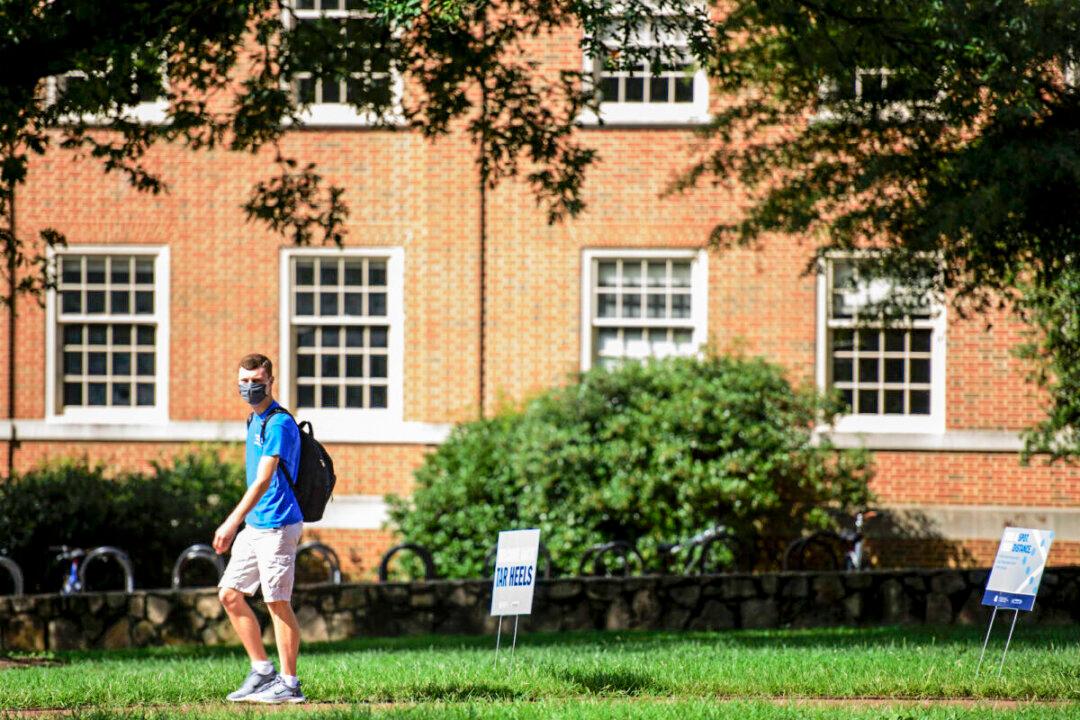A federal judge on Monday ruled that the University of North Carolina (UNC) at Chapel Hill does not discriminate against white and Asian American applicants in its student admissions process after a lawsuit was filed claiming its policies favor black, Hispanic, and Native Americans over white and Asian American candidates.
The plaintiff, a group called Students for Fair Admissions (SFFA), initiated the lawsuit against the university in November 2014, alleging that its undergraduate admissions process violates multiple rights, including equal protection under the law.




